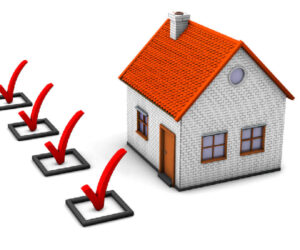
No matter which state you live in, local government demands that a home is inspected before it is sold. In some places, it is the buyer who has to get a detailed home inspection done while in others, it is the onus of the seller to provide the examination. It doesn’t matter who is paying for the inspection, buyer or seller, both need to be prepared to ensure that there are no glitches. Both the home seller and buyer will have a smoother inspection if certain things are prepared for in advance.
In this article, we talk about some Tips for Home Inspection to ensure there are no problems in the future or unpleasant surprises. No one wants a fixture to break just as the inspector is checking the sink in the bathroom. The first and the most obvious tip is to clean the house top to bottom. It is also the most ignored tip. Inspectors are just average beings. They see a dirty house before they can look beyond and see a well-repaired home. When an inspector enters a building that is dirty and cluttered they can sometimes ignore the even the most well-maintained interiors.
So to make a good impression, clean your home from top to bottom. Inspectors are humans too; they shouldn’t need to wade through dirty clothes to check your appliances. The next tip for a home inspection is to be on time, and by this, we mean to be prepared at least half an hour before the time of appointment. If the inspector is to arrive at ten in the morning, have the home spic and span by nine thirty.
If you are one of those, who dresses late in the day, ensure that your drapes are closed because most inspectors begin by checking the exterior of the home. No one wants to be surprised by a man moving around in your backyard while you are still in PJs. This takes us to the third tip. It is not just the inside of a home that is inspected. The agent will check your attic, the basement, outlying buildings, and areas. So clean those too and make a direct and clear path to them. You don’t want the inspector wading through giant cobwebs to check the attic.
Some of the things you should do are: run a vacuum through the loft and remove all rodent droppings and glance an eye through your basement for any flooding or water overflow. Try moving all boxes to one wall so that the inspector can reach the water heater and furnace. The last tip is to be away from your home. Many inspectors come along with potential buyers. A buyer might not be comfortable and at ease with the homeowner around. This might affect the sale of your house. So our tip is – after the inspection begins, go to a mall or theater or park to spend time. Be prepared to leave your home alone for at least three hours or more.




